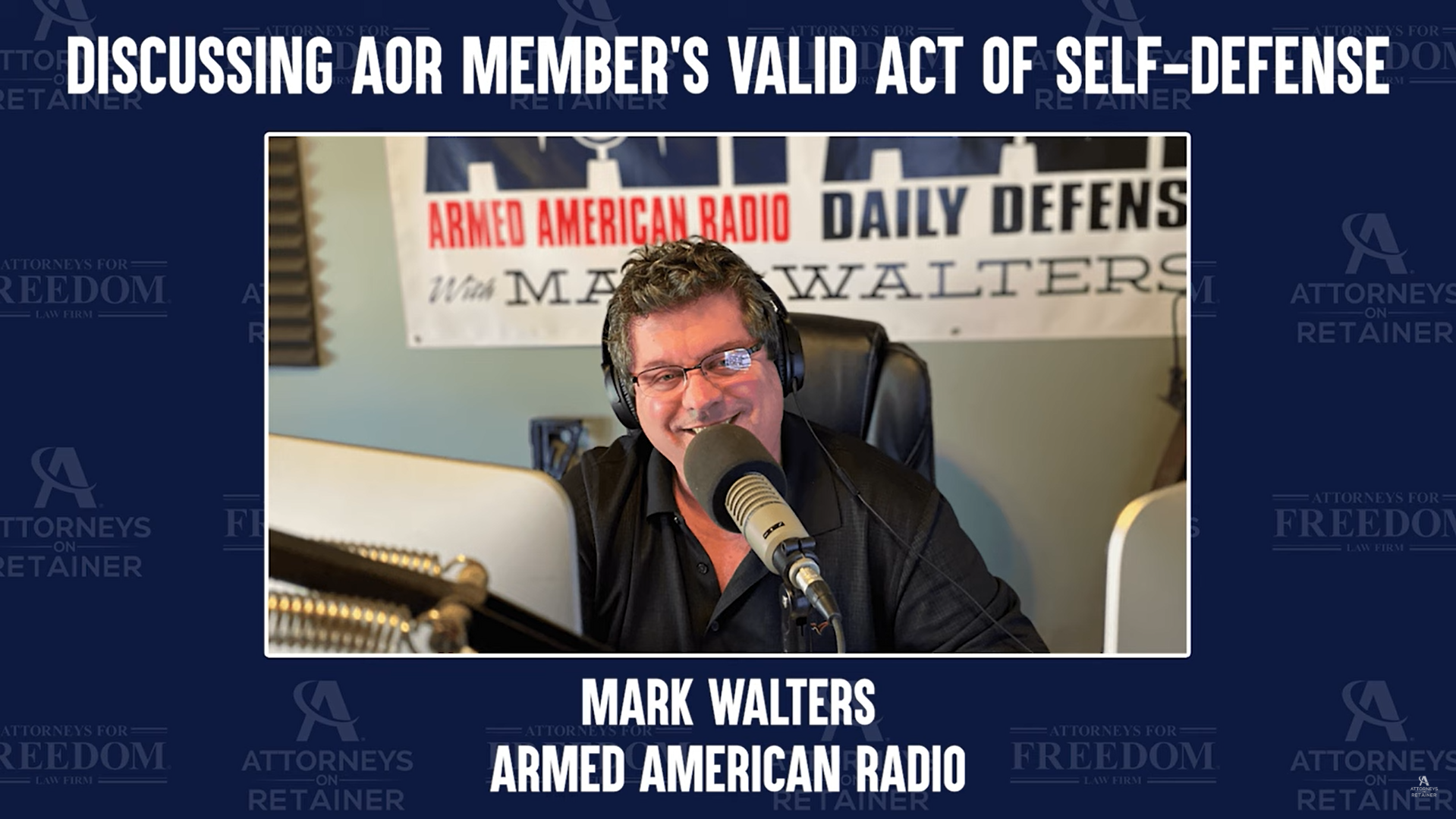Understanding Stand Your Ground Laws & Self-Defense
By Attorney Marc J. Victor
June 23, 2023
In light of the last few months of events, it’s not surprising that controversy and discussions around safety and self-defense have become increasingly important. Unfortunately, the last few months have seen a rise in shooting-related deaths and injuries, which has led to questions about what constitutes a Stand Your Ground shooting and how to accurately classify one.
What is Duty to Retreat?
A Duty to Retreat refers to the legal principle that traditionally required individuals to attempt to escape or retreat from a threatening situation before using force in self-defense. In jurisdictions without Stand Your Ground Laws, individuals were legally obligated to retreat to a place of safety if it was possible to do so without risk of harm. Under the duty to retreat principle, individuals were expected to consider options such as stepping back running away or seeking refuge before resorting to the use of force. This duty aimed to prioritize non-violent resolutions and de-escalation whenever possible.
ATF has previously determined such triggers qualify as “fully automatic weapons” based on the rather broad definition of a fully automatic weapon. To be clear, there are good legal arguments that FRT triggers should not be classified as fully automatic weapons. Moreover, in the wake of the Bruen case (New York State Rifle & Pistol Association, Inc. v. Bruen), legal questions remain about the constitutionality of whether Congress has the legitimate authority to regulate the FRT trigger in any event. That said, these legal issues remain unresolved. The question remains whether you want to fight ATF’s conclusion or avoid the issue by complying with ATF’s demand to surrender the trigger.
Understanding Stand Your Ground Laws
Stand Your Ground laws are legal provisions enacted in various states across the United States that remove the duty to retreat from a threatening situation before resorting to self-defense. These laws allow individuals to use reasonable force, including deadly force, if necessary, to protect themselves or others without the obligation to retreat if they believe they are in imminent danger. The concept of “reasonable force” is central to Stand Your Ground laws, requiring individuals to use a level of force that a reasonable person would believe is necessary under the circumstances. However, the interpretation of reasonable force is subjective and can vary, which has raised concerns about consistency and potential biases in its application.
Conclusion
Stand Your Ground law continues to be controversial and discussion, influencing legal and societal debates surrounding self-defense and the use of force. In more recent incidents involving the shooting of 16-year-old Ralph Yarl and the shooting which led to the death of Kaylin Gillis, have highlighted the complexities surrounding these laws and the need for careful examination of the circumstances. Understanding the provisions and nuances of Stand Your Ground law and seeking legal guidance, when necessary, can help individuals make informed decisions and navigate the legal consequences.
Remember consulting the right criminal defense attorney can significantly impact the outcome of your case. If you have been involved in any gun-related matters, the knowledge and experience of our team at the Attorneys For Freedom is unmatched. Visit www.AttorneysForFreedom.com or call 866-404-5112 today.



